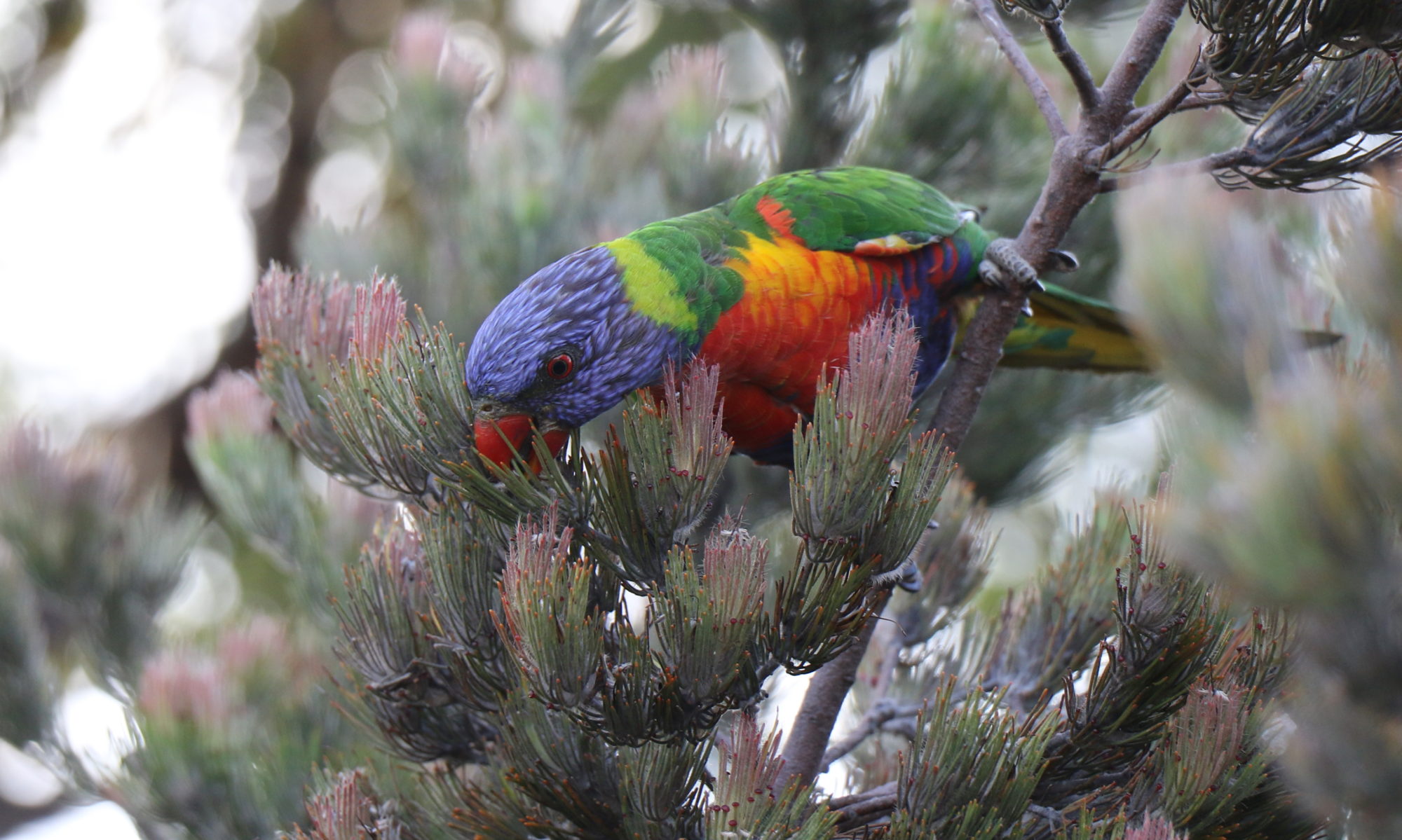Mandarins are indigenous to south east Asia, and sometimes these are given as freebies in the cafeteria where we have lunch. A closely related fruit of this kind is found in South Africa, where they are called naartjies in Afrikaans, originally from the Tamil word nartei meaning citrus.
This plump little ‘loose-rinded fruit from a spiny orange tree’ as Merriam-Webster describes it (see below), was easy to peel and delicious!
From Merriam-Webster dictionary
man·da·rin
noun ˈman-d(ə-)rən
definition of mandarin
1 a : a public official in the Chinese Empire of any of nine superior grades b (1) : a pedantic official (2) : bureaucrat c : a person of position and influence often in intellectual or literary circles; especially : an elder and often traditionalist or reactionary member of such a circle
2 capitalized a : a form of spoken Chinese used by the court and the official classes of the Empire b : the group of closely related Chinese dialects that are spoken in about four fifths of the country and have a standard variety centering about Beijing
3 [Swedish mandarin (apelsin) mandarin (orange), ultimately from Portuguese mandarim mandarin; perhaps from the color of a mandarin’s robes] a : a small spiny orange tree (Citrus reticulata) of southeastern Asia with yellow to reddish-orange loose-rinded fruits; also : a tree (as the satsuma) developed in cultivation from the mandarin by artificial selection or hybridization b : the fruit of a mandarin
— man·da·rin·ic adjective
— man·da·rin·ism noun

